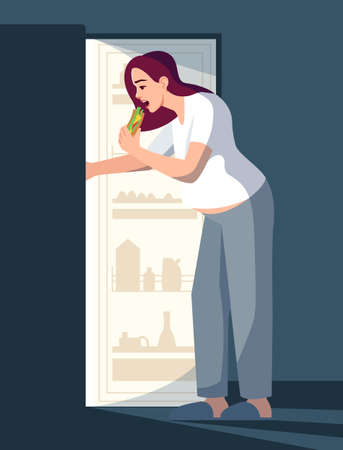As you may know, February starts tomorrow and is the start of American Hearth Month! To help support a healthy heart, here are some strategies you can implement to assist in a long and healthy life:
Get active! The American Heart Association recommends adults get at least 150 minutes per week of moderate-intensity aerobic activity or 75 minutes per week of vigorous aerobic activity (or a combination of both), preferably spread throughout the week.
Maintain a healthy weight. When your weight is in a healthy range, your heart doesn’t have to overwork to circulate blood. Being an average weight reduces your risk of developing heart disease, stroke, diabetes, and many other life-threatening conditions, including some cancers and sleep apnea
Quit smoking. And stay away from secondhand smoke!
Control your cholesterol and blood pressure. Did you know high blood pressure, high blood cholesterol, and smoking are key risk factors for heart disease? Preventing and managing these health conditions through diet, activity, and behaviors is essential.
Drink alcohol in moderation. The 2020-2025 Dietary Guidelines for Americans recommends that adults of legal drinking age can choose not to drink or drink in moderation by limiting intake to 2 drinks or less for men and 1 drink or less for women in one day.
Manage life stressors. Find healthy outlets for the inevitable stress of life, such as adult coloring books, reading, exercising, sewing, or picking up a new hobby that brings you joy.
It’s so important to take care of this essential organ all year round, but wear red during the month of February and give your heart some love!



